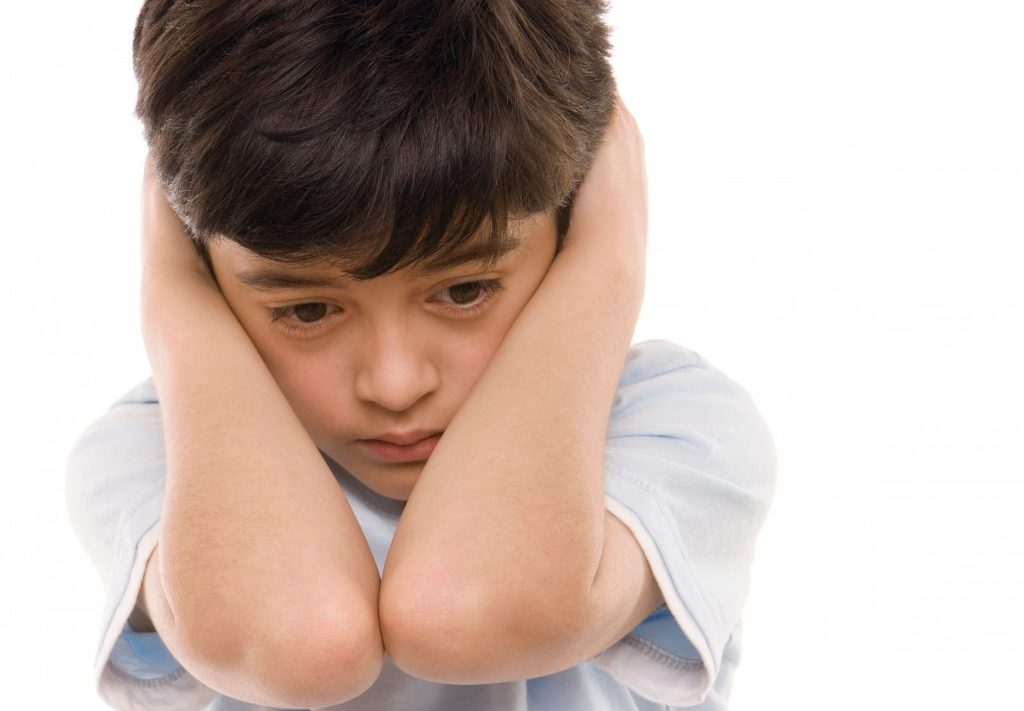Is Autism a Disability?

Debate suggests that people with autism are not necessarily intellectually “disabled.” Here's what you should know about autism, disability, and mental illness.
Within the neurobiological community today there are few greater debates than that over autism.
Is autism a difference among certain people or is autism a disability?
A pointed essay by Nikki Stevenson in The Guardian argued that “autism may represent the last great prejudice we, as a society, must overcome. History is riddled with examples of intolerance directed at the atypical. We can sometime fear that which diverges from the ‘norm,’ and sometimes that fear leads us to frame those who are different as being in some way lesser beings than ourselves.”
YOU MIGHT ALSO LIKE: Why Every Toddler Should Be Screened for Autism
The essay used racism as an example and noted that countless gay people were diagnosed withsociopathic personality disturbance based upon their sexuality. Many were treated as criminals and subjected to treatment akin to torture.
Stevenson argued that autism is framed as a disability, with mainstream theories presenting autism via deficit models. Most mainstream opinion doesn’t comment on autistic strengths or ability, instead referring to it as an epidemic with words such as “impairment.” (To be fair, the words impairment, disability, and handicap have different meanings.)
A genetic study involving identical and non-identical twins identified that “56 to 95 percent of the observed characteristics are genetic in origin: Autism owes its existence to genetic differences known as polymorphisms. There is no patent for optimal human genetics: Genetic differences between individuals, families and groups naturally vary. Species diversify via genetic change all the time; when those changes are positive, they are passed to the next generation. Autism is an example of natural variation.”
A misconception around autism is that it is linked to intellectual disability. Yet, many of the world’s great minds probably have had some form of autistic characteristics.
“Autism and intellectual disability often occur together in clinical settings, and this has made many researchers think that the conditions must share the same genetic causes. Our research challenges this assumption,” says Rosa Hoekstra, lecturer at the King’s College London’s Institute of Psychiatry. She led a study that found the genes for autism are distinct from those for learning disabilities.
YOU MIGHT ALSO LIKE: Early Behavioral Treatment Helps Kids with Autism
Autistic author Judy Endow, from Madison, Wis., says “black and white, choose your side” thinking about autism makes it easier for her to talk about it. “But I also believe we are often unwittingly duped into believing we need to choose a side only because the idea is presented as a (two-pronged) choice,” she says.
Endow rests somewhere in the middle, based on the way society perceives autism. It’s a difference if you’re high functioning, go about your daily life, and coworkers and others don’t know you’re autistic.
Yet the sensory overload and neurological processing differences do present challenges that often leave autistics exhausted by the end of the day.
“It seems to me that when we are able to be out and about in our communities unassisted by a hired person, we are often expected to look and act like typical people regardless of the challenges imposed by the neurological difference of our autism,” she says. “Because we appear to be like others, our difficulties and needs are thought to be our own personal problems.”
With disability, autistics are not seen as have discerning views or particular talents because their autism is clear, and the time of others is focused on helping them meet the deficits and needs the disability imposes.
Endow believes that she is being asked to ignore one part of herself when people want her to choose one — difference or disability. If she chooses disability, her talents and abilities are ignored. When she chooses difference, her real difficulties are ignored.
“What if we all chose both disability and difference? Would we then be totally ignored or totally supported? There it is again — another (two-pronged) choice posed as if it were a real choice,” she says. “In the meantime, please know when you ponder whether autism is a disability or difference this is a false choice sort of deal. It serves nobody well and has poor outcomes. And yet we somehow feel that we need to choose between disability or difference. Why is that?”
YOU MIGHT ALSO LIKE: Reading Changes the Brains of Kids with Autism
Updated:
April 04, 2023
Reviewed By:
Christopher Nystuen, MD, MBA